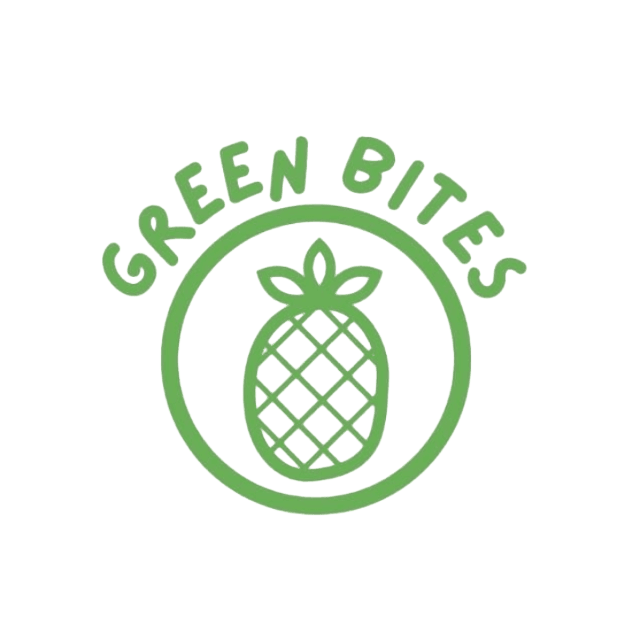Boulders & Pebbles

26 February 2024
I'm a huge fan of Dr. Kristi Funk, Breast Cancer Surgeon and Women's Health Warrior, who describes risk factors for cancer in two categories: boulders and pebbles. If you are trying to tip the balance of your life toward health, the four big “boulders” at your disposal are nutrition, weight, exercise and alcohol. The other stuff - like stress and environmental toxins - are really just pebbles (or even grains of sand) on that scale. They cannot counterbalance a giant boulder of unhealthy choices, but they can add up to have some impact.
I'm a firm believer that this is how it works with nutrition and all the things our food choices impact: chronic disease risk, brain health, fitness and aging, to name a few. There are a few big “boulders” that give you the best nutritional bang for your calorie buck. And, as Anna Przy says on Instagram (if you're having a bad day, you've got to watch this - warning contains some profanity!), "the rest is all just whatever" (well, not exactly, but I'll get back to that).
I get so many questions about the Dirty Dozen (Environmental Working Group's list of the fruits and vegetables with the most pesticide residues). I'm not even linking to it here because, frankly, I don't agree with its publication. I mean…I'm all for limiting/reducing pesticide use and farming regeneratively for the planet, but I just don't support this fear-mongering. Decades of research tells us that eating the fruit or vegetable - organic or conventional - is always* going to be better for your health than not eating it at all.
It will not surprise you to learn that the dietary “boulders” I'm recommending are whole foods, fruits & vegetables, and legumes. Not only because they are super healthy, but also because most of us just do not eat enough of them.
Did you know?
- the Standard American Diet is 60-90% ultraprocessed food
- only 10% of Americans meet guidelines for vegetable intake
- Americans eat half as many beans as Europeans
The gamut of nutrients found in beans and other whole plant foods help protect us against everything from the cancer to the common cold. There's a reason that some of the world's oldest people consume legumes as a mainstay of their diet and thrive on an eating pattern consisting of 95% plant foods.
The Boulders and Pebbles strategy for eating helps us overcome a few challenges. It keeps us from getting so caught up in the nitty gritty that we have trouble with food decisions. We don't have to read the Nutrition Facts label to know that an apple is better than a bag of chips. But we can relax knowing that - by eating a diet consisting mainly of whole fruits, vegetables, whole grains, nuts, seeds and legumes - having that bag of chips will likely not mean the end of the world as we know it!
Another example is bottled water. Do I think plastic water bottles are the worst invention since cigarettes? Possibly. Might chemicals be leaching into that water and thus into my body? Are those bottles the single biggest source of plastic pollution on the planet? Most likely. But in deciding between a Poland Spring and a Coca Cola (in a glass bottle), I know what I'm choosing.
BTW my sister gave me a set of glass water bottles, which I refill with tap water and keep in my fridge. They are awesome!
Cornell researchers estimated that we make over 200 food decisions every day. Plus 35K other conscious decisions. I'm all for simplifying this one little part of the stress that is life! Focus on the boulders first (the pebbles and sand can always fit in later).
*Here, I'll add a couple of qualifiers: (1) always wash your produce before consuming - even organic has pesticides, and (2) diversify your diet - eating too much of any one thing runs the risk of nutrient deficiencies and toxic build-up.
Contact Green Bites
Let's Talk
I'll get back to you soon to discuss your needs.
